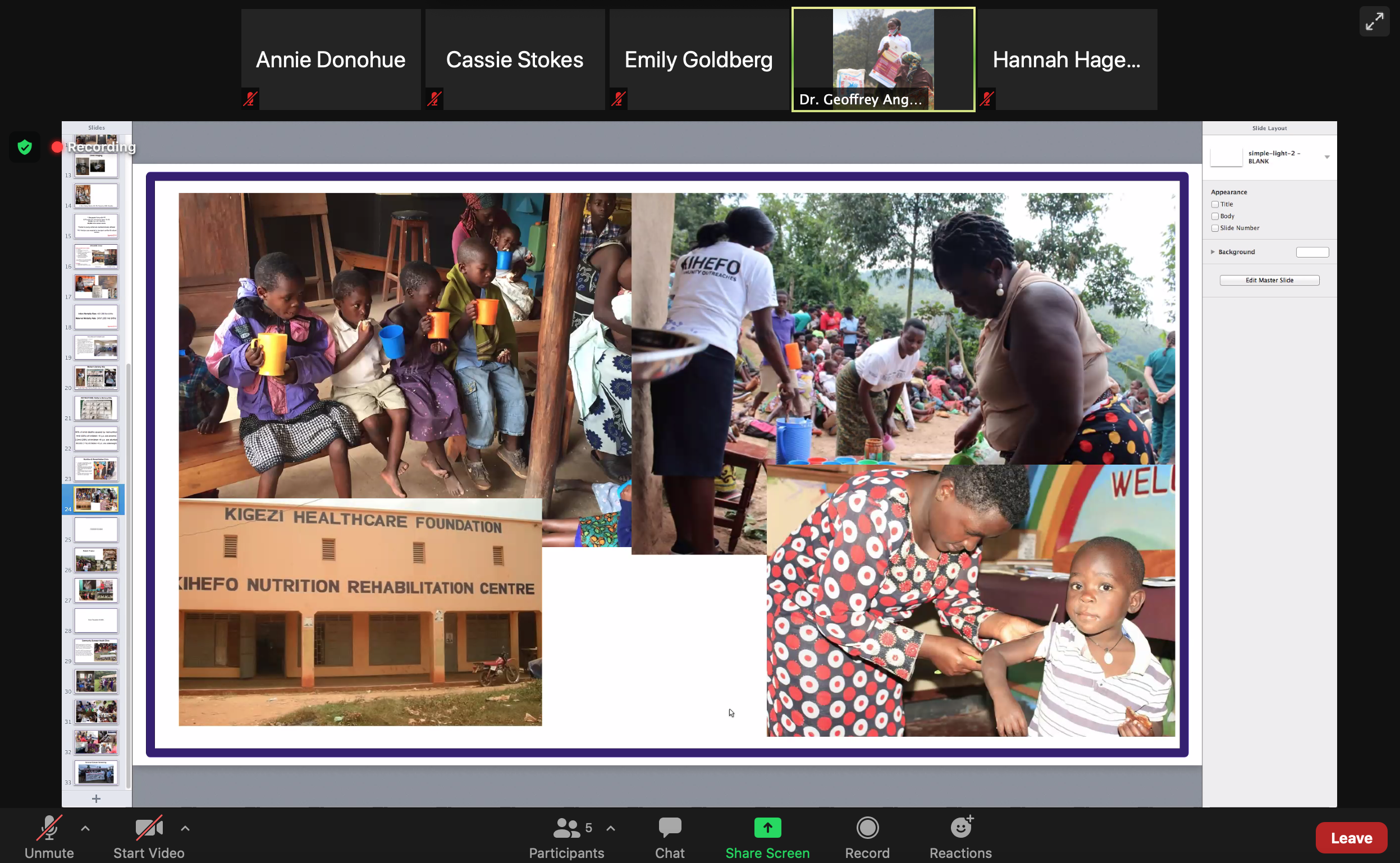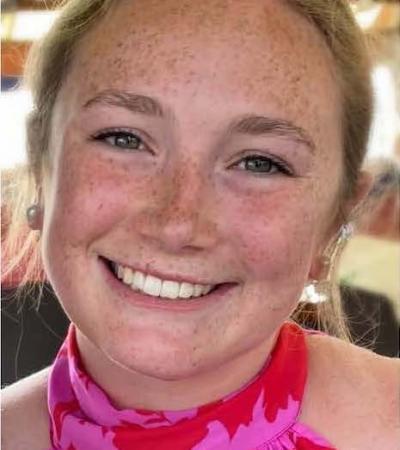Child Family Health International - Uganda
Virtual Internship
Final Report: Child Family Health International - Uganda

Child Family Health International is a global health education-based organization that allows students the opportunity to engage with global health leaders from around the world through different local organizations. These partnerships with different countries and organizations allow the students to find a program that best meets their particular interest as well as exposes them to the realities of global health. When choosing to work with Child Family Health International, I was drawn to their Uganda Global Health Educational Program as the wide array of topics the program would cover piqued my interest. Given my pre-health trajectory, I had some knowledge of the topics listed, but I had never received the perspective of an individual enduring and combatting these issues.
During my summer internship, I had the privilege of learning from Dr. Anguyo Geofrey, the director and founder of Kigezi Health Care Foundation (KIHEFO) of Uganda. KIHEFO seeks to break the cycle between poverty, disease, and ignorance by educating and empowering the individuals they hope to serve. The organization works closely with local communities to prompt productive conversation regarding their needs as well as appropriate short-term and long-term solutions. Dr. Geofrey’s passion for global health and social justice was strongly felt, and his passion fueled his lectures. To inform students about the global health realities of Uganda, he offered biweekly lectures covering water and sanitation, adolescent sexual health, mental health, the organization’s Rabbit Breeding Project, maternal and neonatal health, traditional medicine, Uganda’s healthcare system, HIV/AIDS, and the COVID-19 burden. Dr. Geofrey understood that learning about these issues from an online format is quite a different experience than being able to observe and tackle them in person. From this understanding, he presented insightful, provocative sessions, combining lecture with discussion. He presented the history of these various global health issues in Uganda and segued into the current circumstances surrounding them. One of the most intriguing pieces of information Dr. Geofrey shared was regarding the organization’s Rabbit Breeding project. The purpose of the project is to help malnutrition in local communities as well as stimulate economic growth. KIHEFO has established a large breeding center for rabbits where they then provide local families with rabbits of their own. By giving local families these rabbits, the family can continue breeding their own rabbits to produce a steady food source that is high in protein, or the family can sell their rabbits to others for profit and other goods. I found this project to be quite innovative and promising as it provided both short- and long-term solutions to families’ needs by repurposing Ugandan resources.
Additionally, during my internship with Dr. Geofrey and KIHEFO, I chiefly served as a recipient of information, but I also served as a resource for them. I was able to process the information they shared and formulate useful comparisons to my own research in and experience with similar issues in the United States. In this regard, I found that not only was I benefiting from this experience as it solidified my plans to pursue a career in global health, but KIHEFO and Dr. Geofrey were benefiting from my participation as well. For example, when discussing mental health realities in Uganda, Dr. Geofrey described how mental health is associated with mentally deranged individuals; individuals that cause extreme public disturbances during their meltdowns. Unfortunately, because of this common association, mental health is not necessarily discussed in Uganda, and there are not any adequate resources for individuals to seek out. After Dr. Geofrey provided this information, I was able to offer points of comparison between mental health in the U.S. and Uganda. I noted that while discussions of mental health are in a far better place in the U.S. now, for a long period of time, there was a similar stigma surrounding it that also impeded the people seeking help, as well as the quality of care they received. I offered that the more mental health is incorporated into communal conversations, the stigma begins to lessen. Mental health has been introduced as a core topic in elementary education in the U.S., and I have found that introducing such a topic early in one’s education allows it to become a chief, informed topic for students and the larger community. After sharing my thoughts, Dr. Geofrey and I forged a new idea to implement more mental health conversations and resources into their already established youth centers. These youth centers have primarily served as a place where Ugandan youth can come and freely ask professionals questions about sexual health or family life without fear of judgment or consequences if they were to pose their questions under the confines of their public school. This safe space Dr. Geofrey and KIHEFO have created can flourish to tackle more less-addressed topics and, hopefully, stimulate a new cultural outlook.
As the summer progressed, I believe my success at this organization did as well. During the beginning weeks of my internship, I found that my expectation with communication was quite different than the norms in Uganda. I have been so accustomed to fast responses and an abundance of details offered right up front that when I was not met with them at the start of my internship, I began to panic. However, as I gathered from the beginning weeks of my program, not only was I learning about health issues of another country, but I was also learning about another country’s culture. I adapted my norms of communication as well as participation to meet those of Ugandans, and I found by doing so, I allowed myself to have a very fulfilling experience. Overall, my experience with Child Family Health International and KIHEFO was extremely rewarding both personally and professionally, and I would encourage other students who are seeking an educational experience in global health to inquire and apply.






